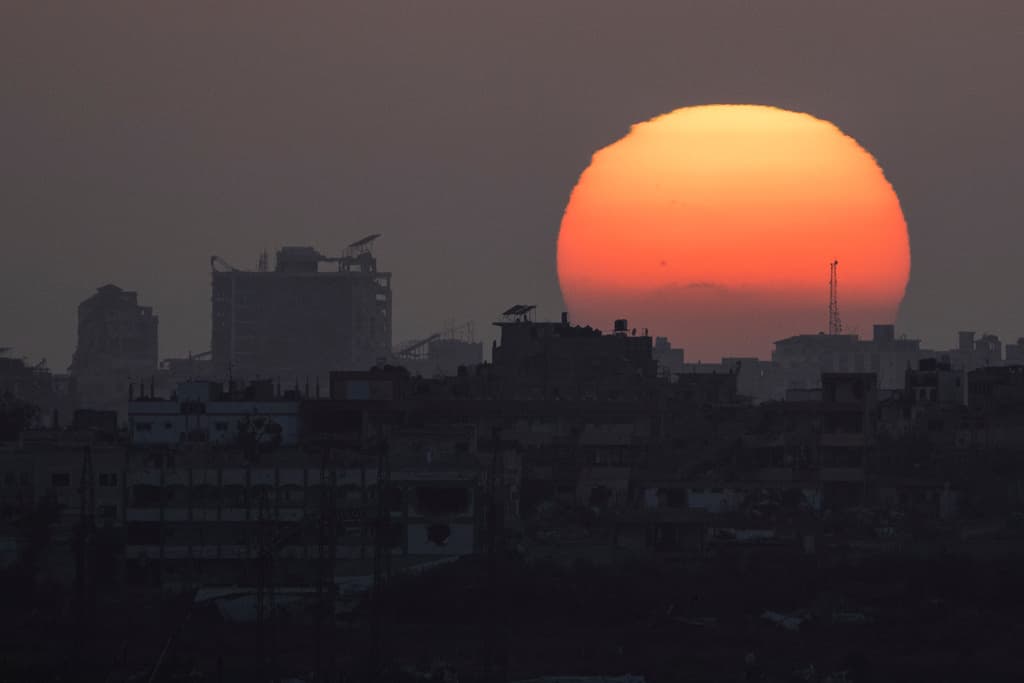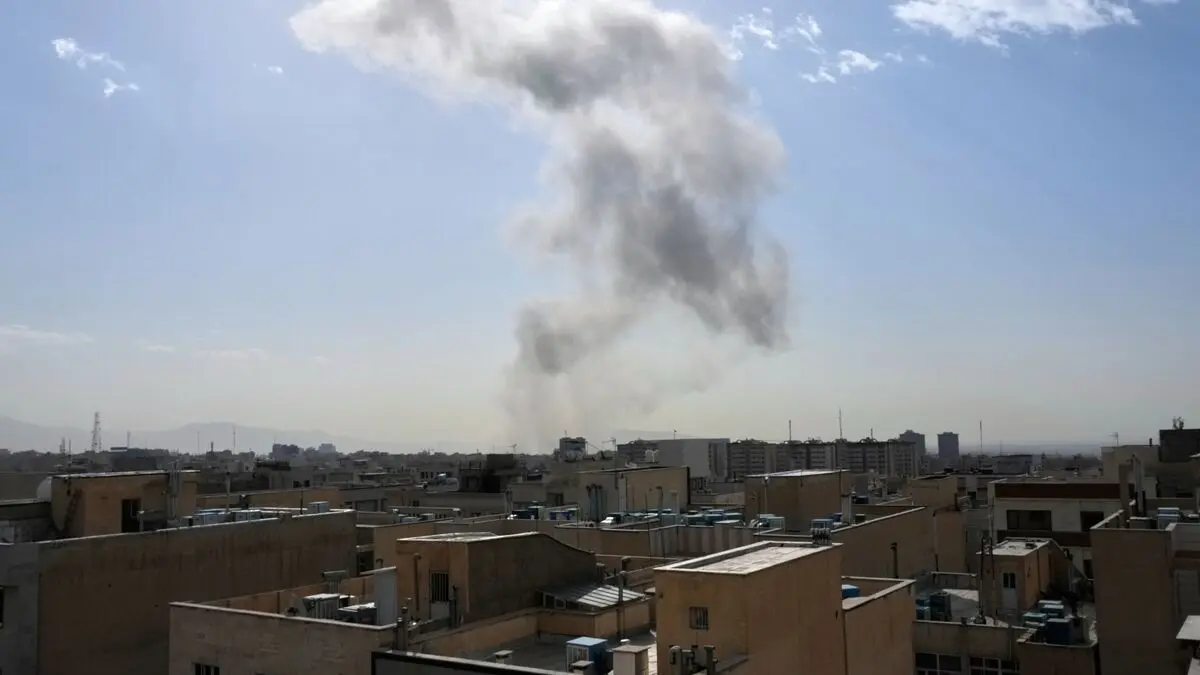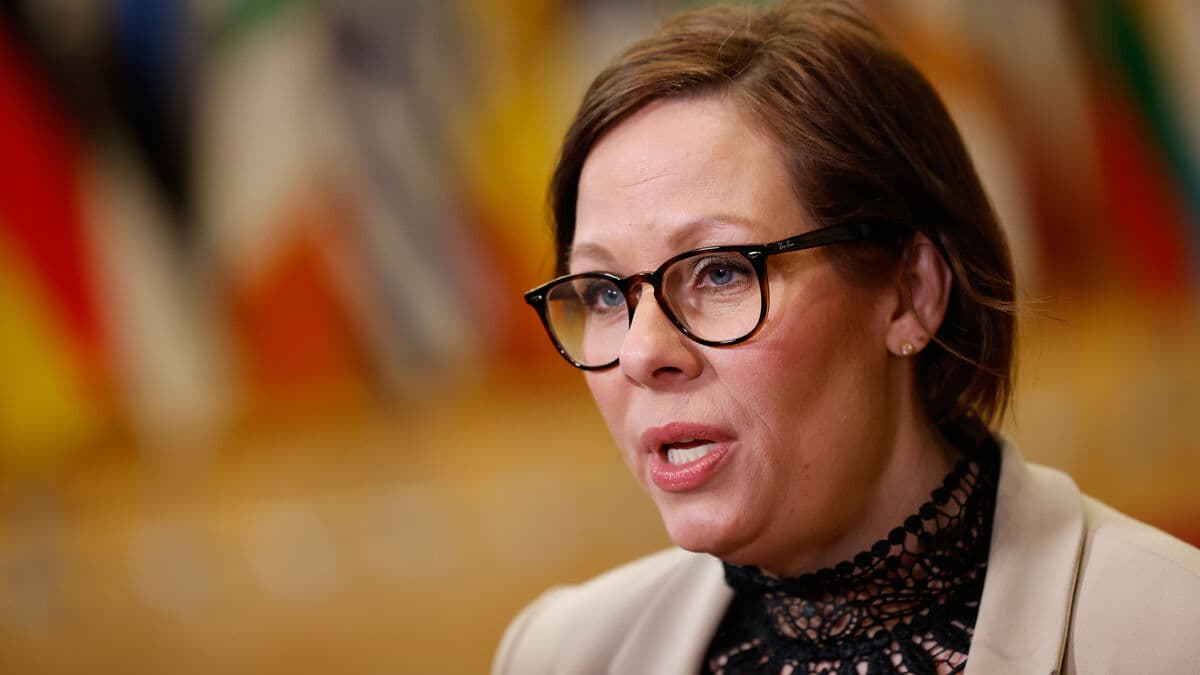Negotiations on a ceasefire in the Gaza War are dragging on as the parties weigh their words on a gold scale.
After several weeks where both Israel and Hamas have given contradictory messages, a comprehensive agreement is said to be near.
Reports in American media suggest that Israel and the Palestinian extremist movement Hamas are close to agreeing on the framework for a ceasefire agreement.
It has almost been a month since the UN Security Council, after much deliberation, voted for a resolution on a ceasefire.
Neither Israel nor Hamas seems to have accepted it, and during ongoing negotiations, the US is reported to have rewritten several formulations, primarily concerning how a "lasting peace" can be achieved.
Negotiated for months
The two sides in the war have made incompatible demands. Negotiations have been ongoing alongside intense warfare against besieged Gaza, where tens of thousands of people have been killed, with the exception of a week-long ceasefire in November.
Israel has said that the war will continue at least until all hostages held in Gaza are released. Hamas has said that the hostages will only be released if the parties agree on a more permanent end to the war. If and when the movement releases the hostages, it will have played its most valuable card from a negotiating perspective.
Mediation attempts have broken down time and again. Israel has insisted on formulations that do not necessarily rule out future interventions in Gaza. Hamas has demanded clear commitments with international guarantees.
Pressure from many sides
The day after the Security Council voted for the ceasefire proposal, Hamas said it accepted it, but it turned out to be with several reservations and was therefore interpreted as a de facto no.
Israel was said to be behind the proposal, but the Israeli government has not acknowledged it.
Prime Minister Benjamin Netanyahu is under heavy pressure from opposition leaders, military leaders, relatives of hostages, and street demonstrators who accuse him of delaying a solution. He is also being pressured by a right-wing extremist government base that demands a more uncompromising war effort.
At Israel's northern border, there is also a threat of escalation and war against the Lebanese Shia militia Hezbollah.
Needs green light
To accept the overall framework for an agreement, Netanyahu needs to give the green light.
So does someone on the opposing side – and it is not entirely clear how much consensus there is between Hamas' political exiled leader in Qatar and its top leader in Gaza, the wanted Yahya Sinwar.
If the negotiations continue, it is expected to take several more weeks to resolve many difficult detail issues.
The ceasefire proposal presented to the UN Security Council was drafted by the US and subsequently adopted as a resolution. The proposal involved a three-phase scaling down.
The first phase would last six weeks and involve a complete ceasefire, the withdrawal of Israeli forces from "all populated areas in the Gaza Strip", and the exchange of a number of hostages for hundreds of Palestinian prisoners.
Phase two was said to be dependent on the parties first agreeing on "necessary arrangements". But if that were to happen, it would mean a permanent end to hostilities, the release of all remaining living hostages, and the withdrawal of all Israeli forces from the Gaza Strip.
In the third phase, the remains of hostages who are no longer alive would also be returned, and a comprehensive reconstruction plan would be launched.






